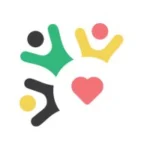A-subject
SOSU
What happens in the interaction with another person? ‘Who’ do you meet? How do you interpret that person and the setting in which you meet? We focus on different forms of communication, relationships, culture, and all you carry when working with people.
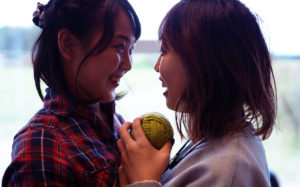
The interaction between people
"To succeed in guideing another person towards a goal, I must first travel to where they are in the present moment start there" -Søren Kierkegaard
SOSU intends to secure your personal development and your ability to understand other people, culture, society, and how life unfolds. The class is built around the interaction between people and other cultures with different sets of values. To understand other people, their cultures, and to view them as complete human beings, it's essential to have a deep understanding of your own identity and perspective. The most significant growth occurs within yourself.

Akiko Takaya
Japan
The SOSU class gave me a lot of insight into social welfare, medical care and education of Denmark. Especially, I was able to take a look at myself. I could develop as a person through the process of dialogue

Shun Sugiyama
Japan
It was a great opportunity to find and discover new ways of how I can interact with myself and others by combining various theories and workshops. It was a great time to reconsider which core values are the most important to me

Yoko Kitaguchi
Japan
Højskole was a place of liberation for me. While learning about the Danish social welfare systems, history and politics in SOSU, on the other hand, I had learned so much from peer support among students.
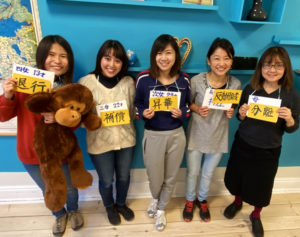
Keywords of the subject
Overview of the subject components
Social sustainability
Social justice and equality
The complete human being
Reflection and respect for others
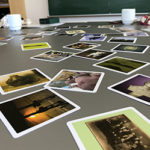
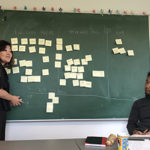
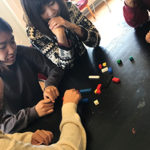
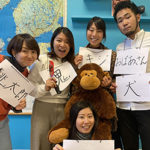
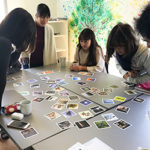
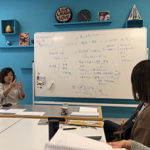
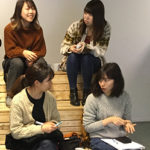
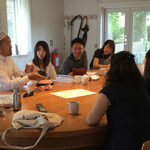
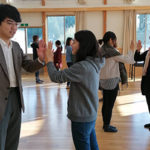
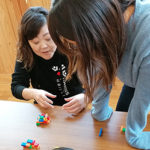
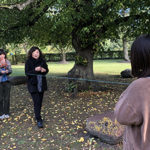
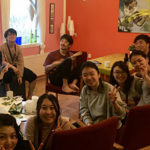
Teacher
Your teachers in SOSU are
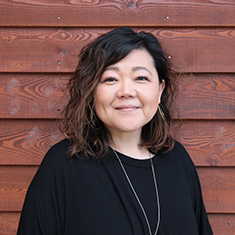
Momoyo Jørgensen
Momoyo is originally educated in the social-healthcare field. She loves the meeting new people and is always curious which she believe to be the core of being a good Højskole teacher, which she has been for the past 20 years
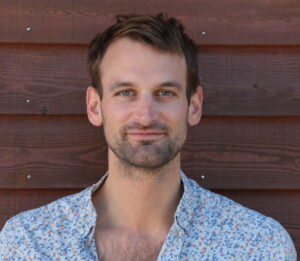
Asmus Wisler Møller
Asmus has studied History of Ideas in many different places. He wrote his master's thesis on the importance of curiosity and is generally shaped by an urge to see and understand connections through geography and time.
Subject
Maybe you would also like
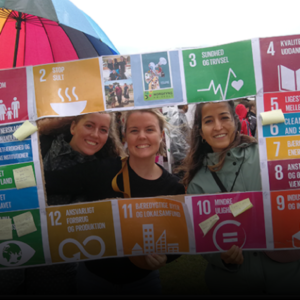
A-subject
WorldCampNordfyn
A-subject
WorldCampNordfyn
WorldCampNordfyn is for you, who look out and into the global community to find solutions to challenges around you.
- Active Citizenship
- Sustainable, holistic development
- Creativity in a social- and political change
- Group dynamics and collaboration
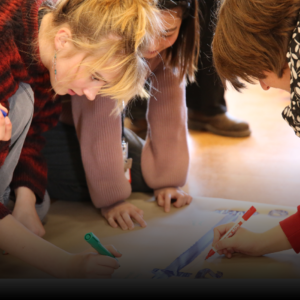
B-subject
Personal Leadership
B-subject
Personal Leadership
Personal Leadership is for you who seek to lead yourself and others in an open and respectful manner.
- Personal development
- Leadership
- Empathy
- Integral Theory
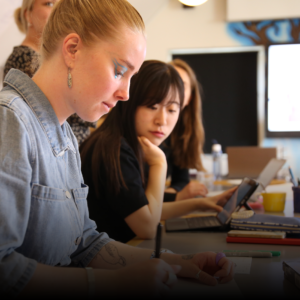
A-subject
Life Education
A-subject
Life Education
Life learning is for you, if your are curious about story telling, communication and maybe teaching
- Pedagogy
- Presentation techniques
- History of ideas
- View of humanity
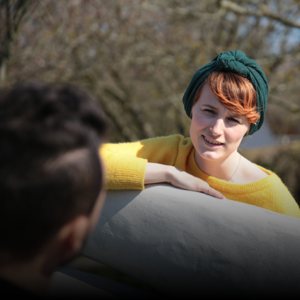
B-subject
Global Outlook
B-subject
Global Outlook
How are Global social movements an expression of the development we see in the world, and how should we relate to them?
- Individual and community
- Cultural encounters
- Social justice
- The local and the global
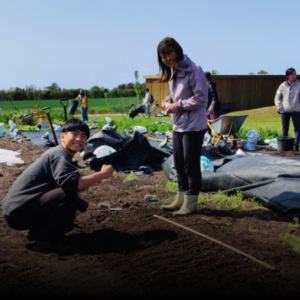
B-subject
Practical Sustainability
B-subject
Practical Sustainability
We explore the different elements of sustainability with focus on food, construction, lifestyle and self-sufficiency
- Sustainable Construction
- (You Can) Be the Change
- The meaning of life
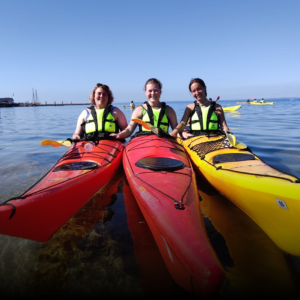
B-subject
Nature and kayak
B-subject
Nature and kayak
You will get rich opportunity to experience the ocean from the coast and in the water. Join the class and get vitamin SEA!
- Nature awareness
- Exploring the oppurtunities of the ocean
- Outdoor life
- Nature's treasury
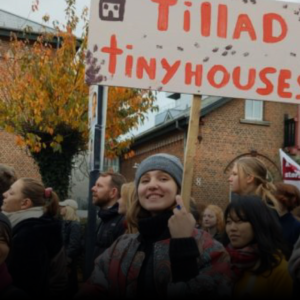
A-subject
Climate Action
A-subject
Climate Action
Climate Action is for everyone who wants to explore, understand and debate the challenge of global warming in a unique and...
- Climate action and knowledge of sustainable practices
- Political and practical change
- Development and innovation
- Friendship and collaborative action


